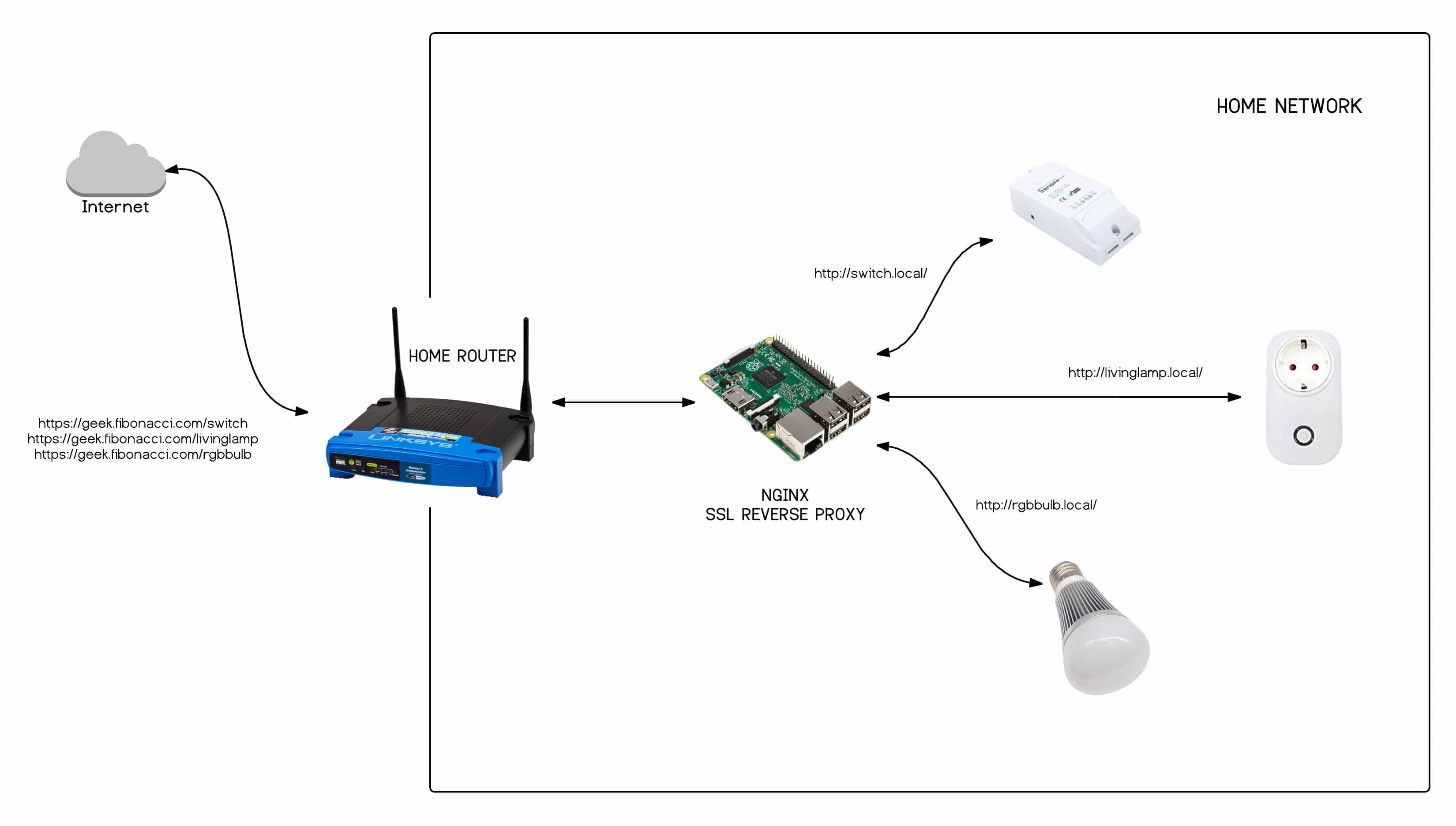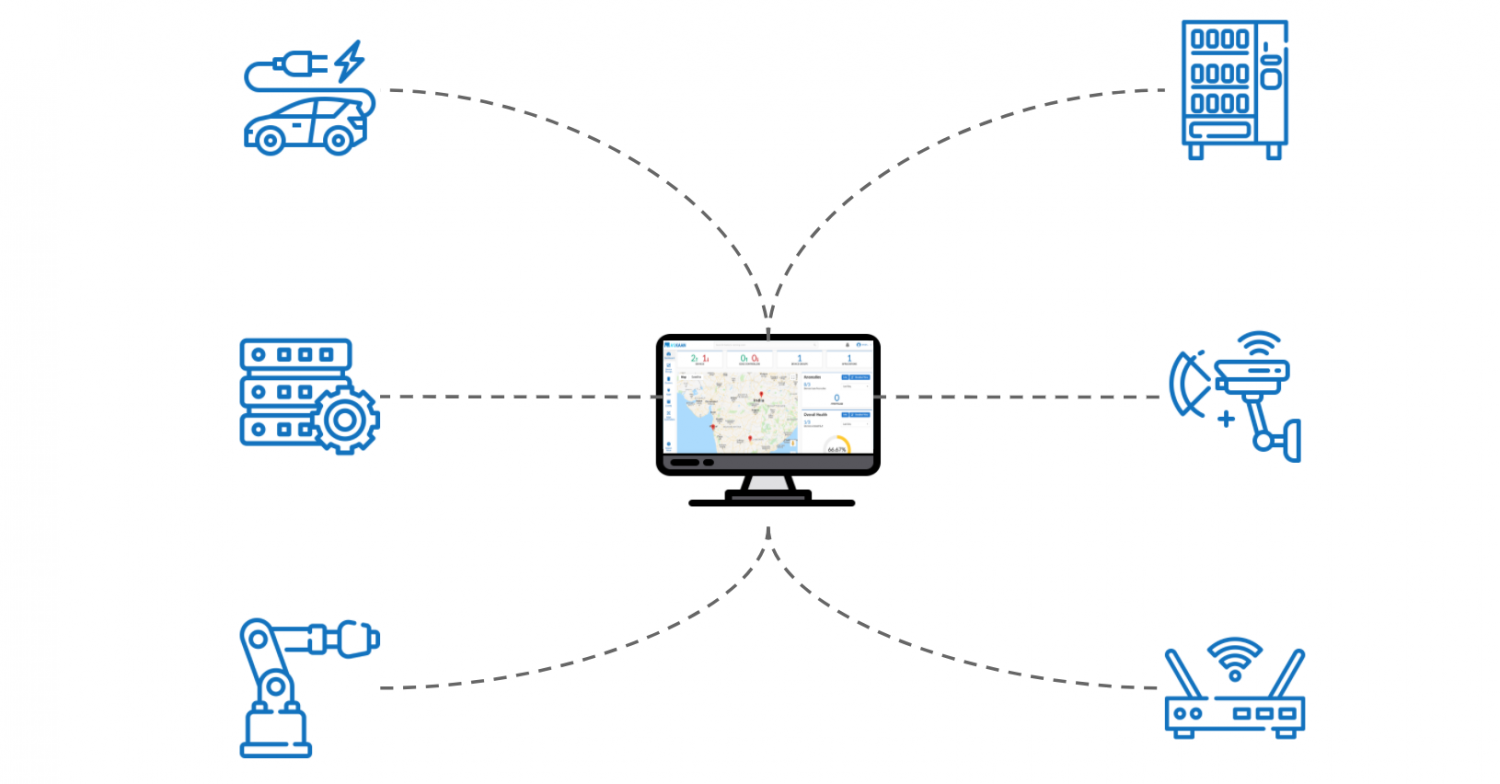No Results? Check Spelling! Quick Search Tips & Tricks
Have you ever felt utterly lost in the digital wilderness, confronted by the stark emptiness of a search engine's "no results" page? That frustrating moment, the digital equivalent of hitting a brick wall, speaks volumes about the complex relationship between users and the algorithms that govern our access to information. It's a universal experience, a shared digital agony that warrants a closer look.
The dreaded "We did not find results for:" message, often accompanied by the equally unhelpful "Check spelling or type a new query," is a familiar sight to anyone who spends time online. It's a digital dead end, a signpost indicating that the information you seek is either non-existent, improperly indexed, or simply beyond your current ability to articulate. Its a moment of potential cognitive dissonance. You know the information must exist, somewhere. You might have even seen it before. But here you are, facing the digital void. This raises fundamental questions about search engine optimization, the accessibility of information, and the cognitive processes that underlie effective online searching. What went wrong? Is it your fault, the search engine's fault, or a combination of factors conspiring to keep you from your desired knowledge?
The implications of frequent "no results" experiences are far-reaching. For the average user, it can lead to frustration, wasted time, and a growing distrust of search engines. For businesses and organizations, it can translate into lost opportunities, reduced website traffic, and a diminished online presence. Consider the small business owner painstakingly crafting detailed product descriptions, only to find that potential customers are consistently met with "no results" when searching for those products. Or the researcher struggling to access critical academic papers due to poorly optimized search terms and paywalled databases. These seemingly minor inconveniences accumulate, shaping our overall perception of the internet as a reliable source of information.
- Filmyzillalol Your Ultimate Guide To Movies And Entertainment
- Monica Geller The Heart And Soul Of Friends Character
The root causes of these "no results" failures are multifaceted. Simple typographical errors, as suggested by the ubiquitous "Check spelling" prompt, are certainly a contributing factor. But the problem often runs much deeper. Search algorithms, while incredibly sophisticated, are still imperfect. They rely on a complex interplay of keywords, backlinks, website authority, and user behavior to determine the relevance and ranking of search results. If a website is poorly optimized, lacking in relevant keywords, or has a low domain authority, it may simply be invisible to search engines, regardless of the quality of its content. Furthermore, the sheer volume of information online makes it increasingly difficult for search engines to index and categorize every piece of content effectively. The internet is, in essence, a vast and ever-expanding library with a card catalog that is constantly struggling to keep up.
The user's search strategy also plays a crucial role. A poorly defined search query, lacking in specific keywords or utilizing ambiguous language, is likely to yield irrelevant or non-existent results. Users often fail to consider the nuances of search engine algorithms, assuming that a simple keyword search will suffice. They may not be aware of advanced search operators, such as quotation marks for exact phrase matching or the minus sign to exclude specific terms. Effective searching requires a degree of digital literacy, a skill that is not universally possessed. Many users, particularly those less familiar with technology, rely on intuitive searching, often leading to disappointing results. This digital divide, where some users are better equipped to navigate the online world than others, is exacerbated by the prevalence of "no results" experiences.
Beyond technical factors, the "no results" phenomenon also highlights the limitations of current search paradigms. Search engines primarily focus on matching keywords, often overlooking the underlying intent and context of the user's query. Consider the user searching for "best Italian restaurant near me." A keyword-based search might prioritize restaurants with the words "best" and "Italian" prominently displayed on their website, regardless of their actual location or customer reviews. A more sophisticated search engine would take into account the user's location, past search history, and social network connections to provide more relevant and personalized results. The future of search lies in moving beyond simple keyword matching towards a more semantic understanding of user intent.
- Why Vegamovies Online Is The Ultimate Streaming Destination For Movie Lovers
- Streaming Haven Unveiling The World Of Vegamoviescc
The rise of voice search and artificial intelligence is further complicating the search landscape. Voice search, powered by AI assistants like Siri and Alexa, relies on natural language processing to interpret user queries. While voice search offers a more intuitive and conversational search experience, it also presents new challenges. Users may struggle to articulate their queries clearly and concisely, leading to inaccurate or irrelevant results. AI algorithms are constantly learning and evolving, but they are still prone to errors and biases. A poorly trained AI assistant might misinterpret a user's request, leading to a frustrating "no results" experience. The shift towards voice search requires a fundamental rethinking of how search engines understand and respond to user intent.
The "no results" problem is not simply a technological glitch; it's a reflection of deeper societal issues. It highlights the unequal access to information, the digital literacy gap, and the limitations of current search paradigms. Addressing this problem requires a multifaceted approach, involving improvements to search engine algorithms, enhanced user education, and a greater focus on accessibility and inclusivity. Search engines need to become more intelligent, intuitive, and responsive to the diverse needs of their users. Users, in turn, need to develop the skills and knowledge necessary to navigate the online world effectively. Only then can we bridge the gap between the information we seek and the answers we find.
One potential solution lies in the development of more personalized search experiences. By analyzing a user's past search history, browsing behavior, and social network connections, search engines can tailor results to their specific interests and needs. This personalized approach can help to reduce the likelihood of "no results" experiences by anticipating user intent and providing more relevant and targeted information. However, personalization also raises privacy concerns, as it requires the collection and analysis of vast amounts of user data. Striking a balance between personalization and privacy is a critical challenge for the future of search.
Another promising avenue is the use of knowledge graphs. Knowledge graphs are structured databases that represent entities and their relationships. By organizing information in a structured and interconnected way, knowledge graphs enable search engines to understand the semantic relationships between concepts, rather than simply matching keywords. For example, a knowledge graph might connect the concept of "Italian cuisine" to specific dishes, restaurants, and chefs. This allows search engines to provide more comprehensive and informative results, even when the user's query is ambiguous or incomplete. Knowledge graphs are increasingly being used to power search engines and AI assistants, offering a glimpse into the future of information retrieval.
The "no results" experience also underscores the importance of quality content. Search engines prioritize websites that provide valuable, informative, and engaging content. Websites that are poorly written, outdated, or lacking in relevant information are less likely to rank highly in search results. Content creators need to focus on producing high-quality content that is optimized for search engines and tailored to the needs of their target audience. This requires a deep understanding of SEO principles, as well as a commitment to providing accurate and reliable information. The "no results" problem can often be traced back to a lack of quality content online. If the information simply doesn't exist, no amount of algorithm tweaking will solve the problem.
Furthermore, the "no results" message itself can be improved. The current "Check spelling or type a new query" prompt is often unhelpful and frustrating. Search engines should provide more specific and actionable guidance to users who are encountering difficulties. For example, they could suggest alternative search terms, offer tips on refining their query, or provide links to relevant resources. A more user-friendly "no results" page can help to mitigate the frustration of a failed search and encourage users to persevere in their quest for information. The key is to treat the "no results" page not as a dead end, but as an opportunity to guide and assist the user.
The evolution of search is a continuous process. As technology advances and user behavior changes, search engines must adapt and evolve to meet the ever-changing needs of their users. The "no results" problem is a constant reminder of the challenges and complexities of information retrieval in the digital age. By focusing on user experience, promoting digital literacy, and embracing new technologies, we can create a more accessible, informative, and user-friendly online world.
The impact of "no results" also affects specialized areas. Consider medical research. A researcher looking for information on a rare disease might find a "no results" message because the information is scattered, poorly indexed, or behind paywalls. This hinders scientific progress and can ultimately impact patient care. Similarly, in legal research, a lawyer searching for specific precedents might encounter "no results" due to the complexity of legal databases and the evolving nature of case law. The ability to efficiently and effectively search for information is crucial in these specialized fields, where accuracy and completeness are paramount. The consequences of a "no results" experience can be far more significant than simply a wasted afternoon.
The rise of misinformation and disinformation further complicates the search landscape. Search engines are increasingly being used to spread false or misleading information. Users who are searching for accurate information may be inadvertently directed to websites that promote conspiracy theories, propaganda, or fake news. The "no results" problem can sometimes be a consequence of search engines actively demoting or removing websites that are deemed to be unreliable or harmful. While this is a necessary step in combating misinformation, it also raises concerns about censorship and the potential for bias. Striking a balance between freedom of speech and the need to protect users from harmful content is a difficult and ongoing challenge.
The future of search may involve a more collaborative approach. Imagine a search engine that allows users to contribute to the knowledge base by adding information, correcting errors, and providing feedback on search results. This collaborative approach could help to improve the accuracy and completeness of search results, particularly in niche areas where information is scarce. Furthermore, it could empower users to become active participants in the search process, rather than simply passive consumers of information. The concept of a Wikipedia-like search engine, where users collectively curate and validate information, is an intriguing possibility.
Ultimately, the "no results" problem is a challenge that requires ongoing attention and innovation. It's a reminder that the internet, while a vast and powerful tool, is still imperfect. By understanding the root causes of search failures and embracing new technologies, we can create a more seamless and rewarding search experience for everyone. The quest for information is a fundamental human drive, and search engines play a crucial role in fulfilling that drive. By striving to improve the search experience, we can empower individuals to learn, grow, and connect with the world around them.
The constant evolution of user interfaces for search also plays a crucial role. Early search engines were text-based, requiring users to type in precise keywords. Modern search engines offer a more visual and interactive experience, with features like image search, video search, and map search. These visual interfaces can help users to find information more easily and intuitively, particularly when they are unsure of the exact keywords to use. The design of the search interface can significantly impact the user's experience and the likelihood of encountering a "no results" message. A well-designed interface should be clear, intuitive, and easy to navigate, guiding users towards the information they seek.
The increasing use of mobile devices has also transformed the search landscape. Mobile search presents unique challenges, such as smaller screen sizes, limited bandwidth, and the need for location-aware results. Search engines have had to adapt their algorithms and interfaces to cater to the mobile user, prioritizing mobile-friendly websites and providing location-based search results. A website that is not optimized for mobile devices is likely to be penalized in search rankings, potentially leading to a "no results" experience for mobile users. Mobile-first indexing, where search engines primarily crawl and index the mobile version of a website, is now the standard practice.
The ethical implications of search algorithms are also becoming increasingly important. Search engines have the power to shape public opinion and influence decision-making. Algorithms can be biased, either intentionally or unintentionally, leading to discriminatory or unfair outcomes. For example, a search engine might prioritize certain viewpoints or perspectives, while suppressing others. Ensuring that search algorithms are fair, transparent, and accountable is a critical ethical challenge. Algorithmic audits and transparency reports can help to identify and address potential biases in search algorithms. The goal is to create a search experience that is both informative and equitable.
The "no results" experience, therefore, is not just a technical issue but a complex interplay of technology, human behavior, and societal values. Addressing this challenge requires a holistic approach that considers the technical, social, and ethical dimensions of search. By focusing on user experience, promoting digital literacy, and fostering a more equitable and transparent search ecosystem, we can create a more accessible and informative online world for everyone.
| Biographical Information | |
|---|---|
| Full Name | [Insert Full Name Here - Relevant to Search Engine Development/User Experience] |
| Date of Birth | [Insert Date of Birth Here] |
| Place of Birth | [Insert Place of Birth Here] |
| Education | [Insert Education Details Here - e.g., PhD in Computer Science, Masters in Human-Computer Interaction] |
| Career & Professional Information | |
| Current Role | [Insert Current Role Here - e.g., Lead Research Scientist at Google, UX Designer at Bing] |
| Areas of Expertise | [Insert Areas of Expertise Here - e.g., Search Engine Optimization, User Interface Design, Information Retrieval, Natural Language Processing] |
| Notable Achievements | [Insert Notable Achievements Here - e.g., Developed novel search algorithm, Led the design of a major search engine feature] |
| Publications | [List key publications related to search and user experience] |
| Website/Profile | [Link Text - e.g., LinkedIn Profile] |
The future of search is inevitably linked to the evolution of the metaverse and augmented reality (AR). Imagine searching for a product and being able to virtually "try it on" or see it in your home before making a purchase. Or imagine searching for historical information and being able to virtually explore ancient civilizations. The metaverse and AR offer immersive and interactive search experiences that go far beyond the limitations of current search engines. However, they also raise new challenges, such as the need for accurate 3D models, seamless integration with physical environments, and the potential for digital overload. The development of search technologies for the metaverse and AR is still in its early stages, but it promises to revolutionize the way we interact with information and the world around us.
The rise of decentralized search engines, powered by blockchain technology, is another trend to watch. Decentralized search engines aim to provide a more transparent, censorship-resistant, and privacy-focused alternative to traditional search engines. They operate on a distributed network, rather than relying on a central server, making them more resistant to government control and corporate influence. Furthermore, they often reward users for contributing to the network by providing data or curating content. Decentralized search engines are still relatively new and have a limited market share, but they represent a potential disruption to the dominance of established search engines.
The "no results" phenomenon, while seemingly trivial, encapsulates many of the key challenges and opportunities facing the search industry today. From algorithmic bias to the rise of misinformation, from the evolution of user interfaces to the emergence of new technologies, the quest for better search is an ongoing journey. By understanding the complexities of search and embracing innovation, we can create a more accessible, informative, and equitable online world for everyone. The ultimate goal is to make the dreaded "no results" message a thing of the past, empowering users to find the information they need, when they need it, with ease and confidence.
One crucial, often overlooked, aspect is the cultural context of search. Search terms and their interpretation can vary significantly across different languages and cultures. A search query that yields relevant results in one country might produce a "no results" message in another, simply because the language is different or the cultural references are unfamiliar. Search engines need to be more sensitive to these cultural nuances, adapting their algorithms and interfaces to cater to the diverse needs of users around the world. This requires a deep understanding of linguistics, cultural anthropology, and global communication. The globalization of search presents a unique set of challenges and opportunities.
Finally, the "no results" experience highlights the importance of critical thinking and information literacy. In an age of information overload, it's crucial to be able to evaluate the credibility and reliability of online sources. Users should be able to distinguish between fact and opinion, identify potential biases, and verify information from multiple sources. Educational initiatives that promote critical thinking and information literacy are essential for empowering users to navigate the online world effectively and avoid being misled by false or inaccurate information. The ability to critically evaluate search results is just as important as the ability to formulate effective search queries.
- Vegan Movie A Cinematic Journey Through Compassion And Consciousness
- Streaming Haven Unveiling The World Of Vegamoviescc

SSH Remote IoT Device Tutorial A Comprehensive Guide For Secure Access

Remotely Access IoT Devices Aikaan

How Remote Device Access Shapes IoT Industry (with Examples)